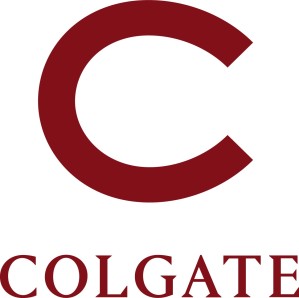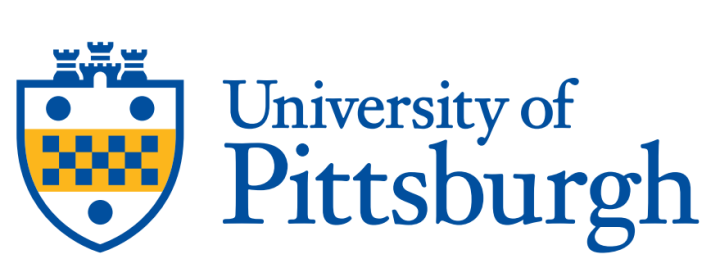The CLAC Consortium welcomes our newest institutional member: Colgate University (representative Cory Duclos).
Through its FLAC program, Colgate University seeks to create an international ethos for the liberal arts by expanding the range of curricular settings in which students and professors can develop and use foreign language skills. Beyond the foreign language departments, faculty in various departments and programs encourage the use of foreign language materials in their curricula, and certain courses – such as literature in translation – offer FLAC sections in which students can engage with the material in the relevant foreign language.
FLAC gives students the opportunity to expand their foreign language skills and/or to experiment with new languages. FLAC sections thus offer a framework for curricular initiatives that not only improve the foreign language competencies of students, but also demonstrate the necessary and critical value of foreign languages in understanding today’s world.
We look forward to working with Colgate university and its institutional representative in years to come!
If you are interested in joining CLAC as an institutional member, please contact us at clacconsortium@gmail.com



